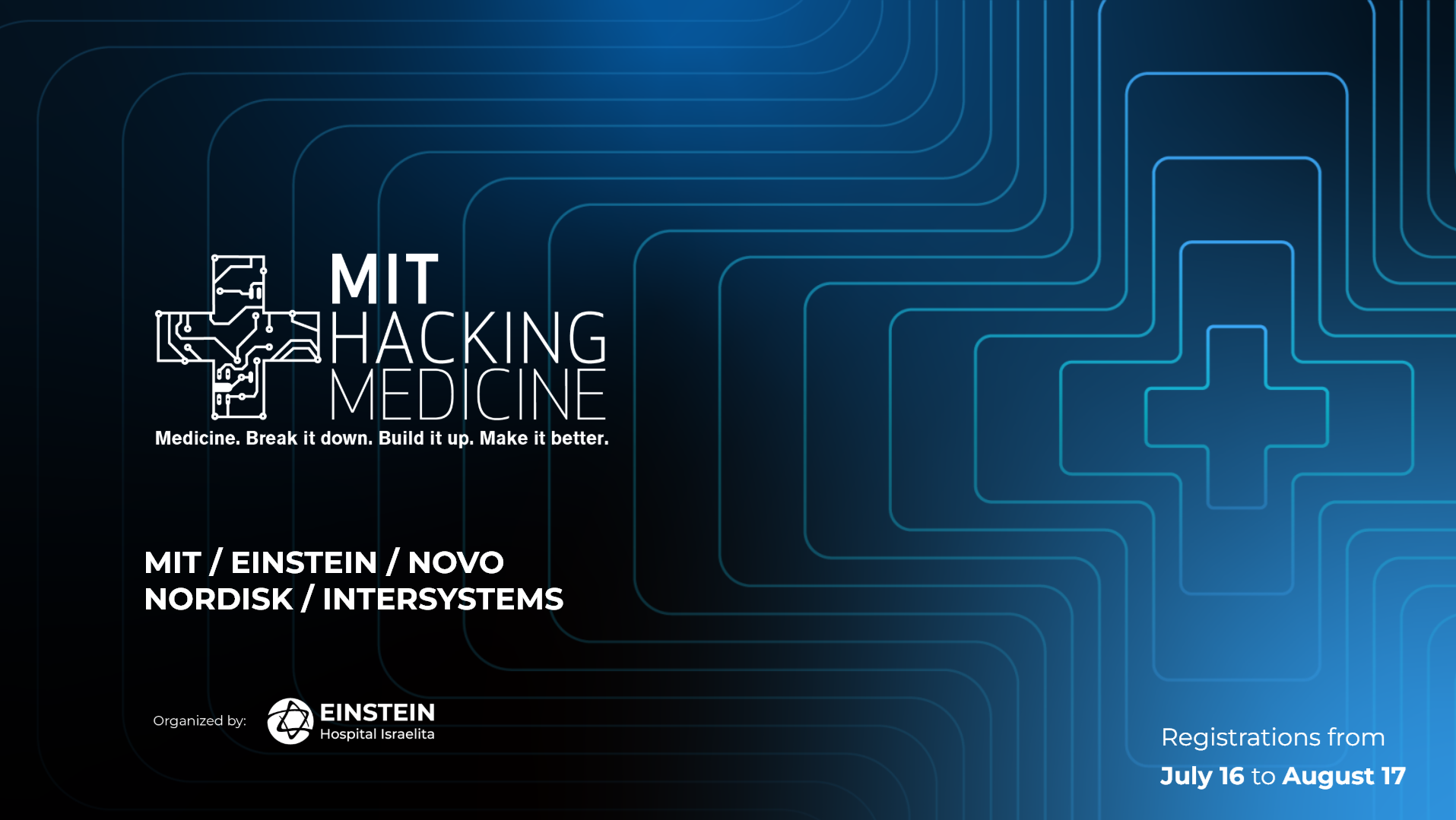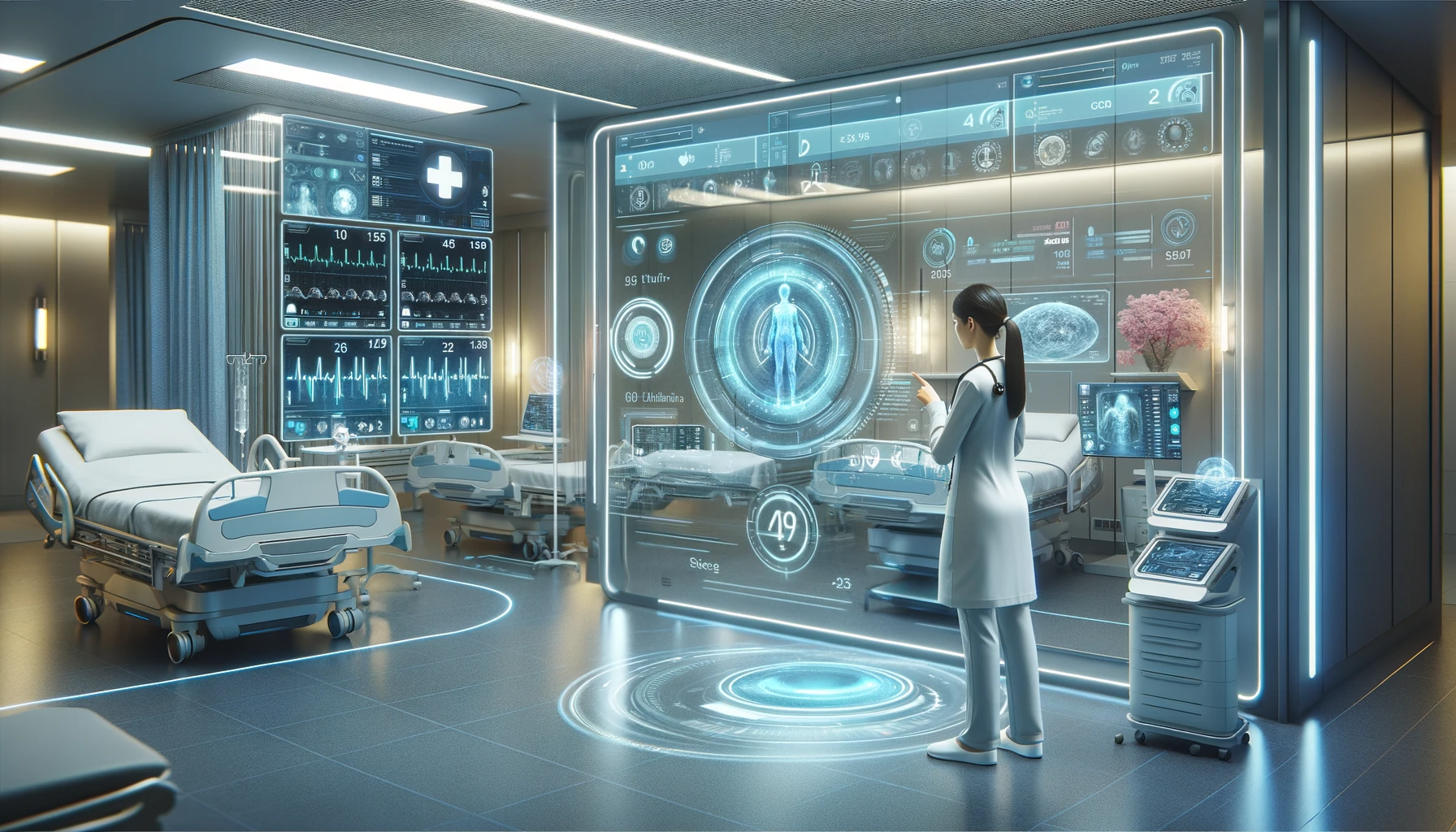MIT Hacking Medicine lands in Brazil for the first time – and brings a bold new focus: silent diseases
17/07/2025
For the first time, MIT Hacking Medicine, an initiative from the Massachusetts Institute of Technology (MIT), will be held in Brazil. From September 5th to 7th, Einstein Hospital Israelita, through Eretz.bio, will host this global hackathon, bringing together professionals and students from healthcare, technology, business, and design for a transformative three-day experience.
The format is immersive and hands-on: participants will form multidisciplinary teams and work collaboratively to develop innovative healthcare solutions. This year’s edition will focus on two critical and often overlooked challenges: chronic inflammation as a cardiovascular risk factor, and MASH (metabolic dysfunction-associated steatohepatitis), a silent liver disease -closely linked to obesity and diabetes.
A proven global methodology
MIT Hacking Medicine has already impacted over 30 countries, catalyzing the creation of more than 50 startups and raising over USD 2.5 billion in funding. The methodology used is rooted in design thinking and rapid prototyping, moving participants through a structured process: deep understanding of the problem, ideation, development, expert mentoring, and final presentations.
This model has proven successful across continents and now arrives in Brazil with the same goal: accelerate innovation and tackle complex healthcare problems through collective intelligence.
The Tracks: Giving Voice to What Remains Silent
Some of the most dangerous threats to human health are the ones we cannot see until it’s too late. Silent diseases develop slowly, without obvious symptoms, yet their consequences can be irreversible, even fatal. At MIT Hacking Medicine Brazil 2025, we are turning the spotlight on two of these silent, yet urgent, challenges. This is more than a hackathon. It’s a call to action to imagine, design, and build the future of early intervention, personalized care, and health system transformation.
Track 1: MASH – Metabolic dysfunction-associated steatohepatitis
MASH is a progressive and often silent liver condition that represents an advanced stage of fatty liver disease. At this point, fat accumulation in the liver has triggered inflammation of liver cells, which can lead to more serious damage. This inflammation can increase the risk of fibrosis, cirrhosis, and even liver cancer if left undiagnosed and untreated. Today, millions of people are developing fatty liver without knowing it.
But MASH doesn’t affect the liver alone, it is also a strong predictor of cardiovascular events, increasing the risk of heart attacks and strokes, especially when combined with obesity, type 2 diabetes and other metabolic changes.
In this track, the team will explore how we can detect and act earlier. What tools, technologies, or strategies could enable widespread screening? How can we track disease progression, personalize care, or empower patients to take action before it’s too late?
Track 2: Inflammation as a Cardiovascular Risk Factor
Cardiovascular disease remains the world’s leading cause of death but even patients who manage cholesterol and blood pressure can still suffer major events like heart attacks and strokes. Why? Because we’re missing a key piece of the puzzle: chronic inflammation.
This track challenges the team to address what medicine is only beginning to fully understand. How can we detect inflammatory risk earlier? What tools or approaches can integrate inflammation into prevention strategies, care pathways, or digital health monitoring? Imagine solutions that help shift cardiology from reactive to truly predictive and preventative care.
In both tracks, the goal is the same: to empower teams to create bold, evidence-informed, and human-centered solutions that can truly move the needle for patients, providers, and health systems.
Who should join?
This event is open to professionals and students in the fields of:
- Healthcare: medicine, nursing, physiotherapy, biomedical sciences
Technology: software development, engineering, data science
Business: management, entrepreneurship, consulting
Design: UX/UI, service design, product design
Whether you’re an experienced clinician, a tech entrepreneur, or a design student passionate about impact, MIT Hacking Medicine Brazil offers a space to contribute, connect, and innovate.
A collaborative journey
Participants will move through six structured stages over the three days:
Challenge immersion and problem definition
Team formation
Ideation and development
Mentoring with experts from MIT, Einstein, and sponsors
Final pitches to an evaluation panel
Awards and recognition for top teams
Ready to co-create the future of healthcare?
Applications are now open! Participation is free, but spots are limited and subject to selection. All selected participants must commit to attending the full event, from September 5th to 7th, in São Paulo.
Apply now at www.eretz.bio/mit-einstein



